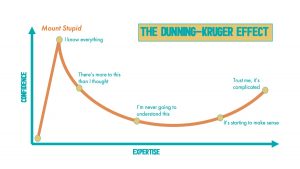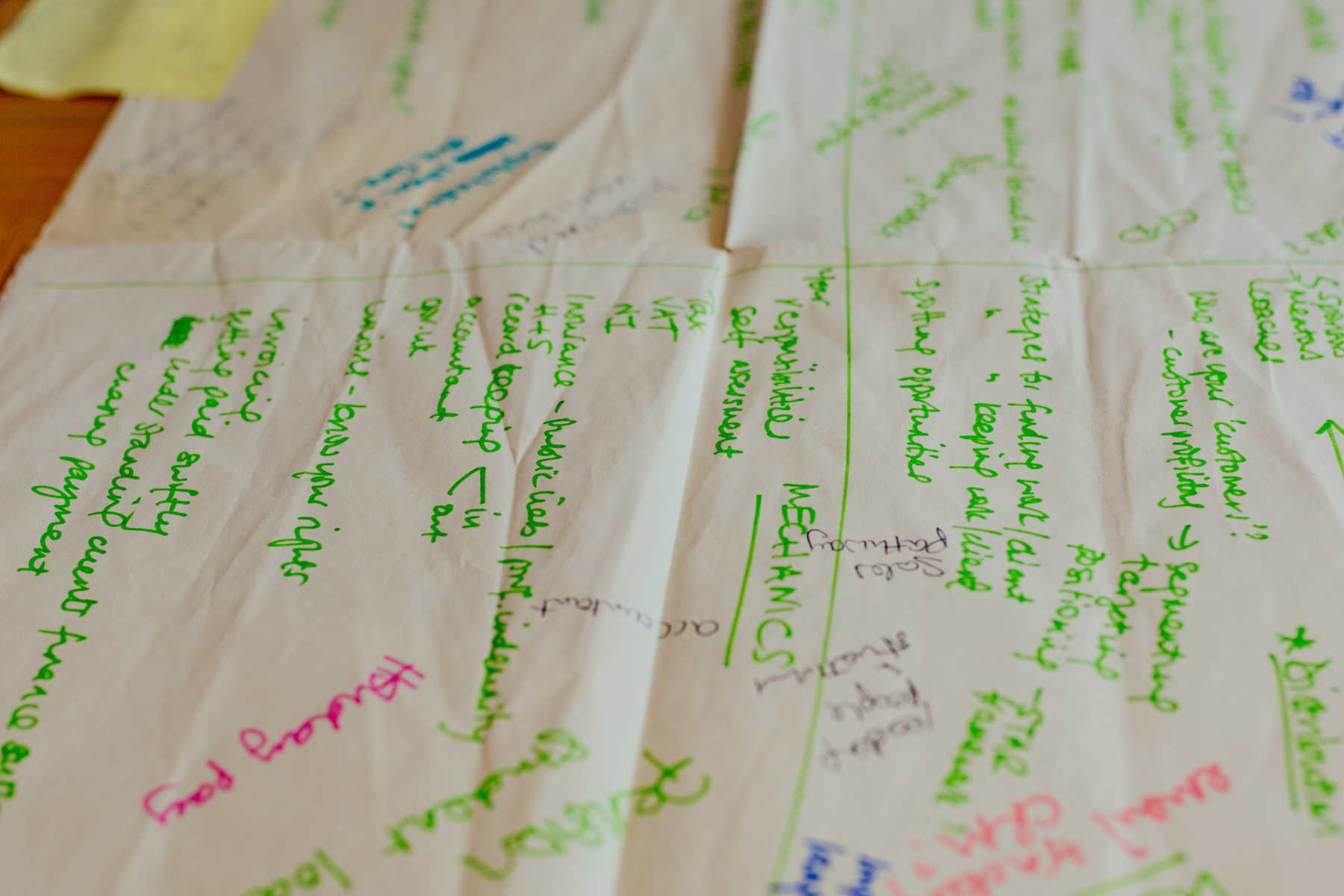THAT PHRASE, THE DEVIL IS IN THE DETAIL, IS SOMETHING I FIND MYSELF SAYING A LOT. WHETHER IT’S MENTORING A FREELANCER OR AN ENTREPRENEUR OR WORKING WITH MY TEAM TO DELIVER A PROJECT FOR A CLIENT.
What I mean by this, is that the concept or project as a whole might seem simple and straightforward at the outset, but in order to deliver it there is a lot of detail that needs to be worked through. And it will be hard work that can’t be avoided or short circuited.
Producing a TV series is a perfect example. It all starts with an idea or a script. In order to realise it for the screen, there are so many details to work through and much expertise needed. You don’t necessarily know exactly who or what that will be, or which direction it will take. But there is no doubt, there will be a lot of detailed work to be done before the programmes can be delivered to the broadcaster.
That knowledge and awareness that there is a lot of work to be done goes hand in hand with our experience. The more experienced we are in our field, the more acutely aware we are of all the detail that is needed to realise a project.
Overall, this is incredibly helpful, our experience enables us to know what needs to be done and we can make a plan to realise it for our client to the level they expect. However, we do need to watch out for that gremlin on our shoulder who triggers our imposter syndrome, and leads us to doubt ourselves, since we can always think of someone who has greater expertise in the specific area our client needs help with.
But the reverse also holds true. Those with little experience are unaware of the detail required. So, what is the effect of this?
THIS PHENOMENON WAS STUDIED BY DAVID DUNNING AND JUSTIN KRUGER, WHO IN 1999 EXPLAINED IT AS A COGNITIVE BIAS CALLED THE DUNNING-KRUGER EFFECT.
 A phenomenon in which people can be unaware of how bad they are at some things, because they do not have enough relevant knowledge to judge their abilities accurately. The upshot of this is that there is an initial confidence peak – often referred to as the peak of mount stupid – it’s where they don’t know what they don’t know so things appear simple and straightforward.
A phenomenon in which people can be unaware of how bad they are at some things, because they do not have enough relevant knowledge to judge their abilities accurately. The upshot of this is that there is an initial confidence peak – often referred to as the peak of mount stupid – it’s where they don’t know what they don’t know so things appear simple and straightforward.
What Dunning and Kruger found is that this is temporary and as our expertise increases our confidence reduces, and we start to become aware of everything we don’t know.
It’s at this point I’ll remind you that you know a lot. You have a great deal of experience. The very act of questioning how much you know shows that you have expertise. You need to put the gremlin back in its cage. Stop wallowing in your imposter syndrome. Focus on how much knowledge and expertise you have and how this can add value to a client.
Next time when you pitch to a new client you can prepare it with the Dunning-Kruger effect in mind. So, that you enable the client to see beyond mount stupid and value you for your experience.


